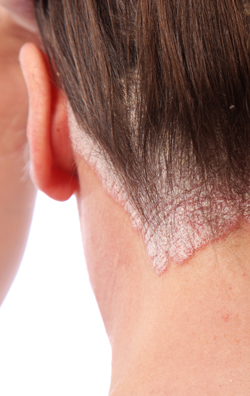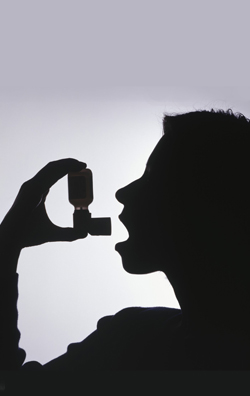
Blood donation is the process of voluntary donation of blood in which blood from the donor is collected and screened for different diseases, stored, processed (separated into different blood components) and transfused to people suffering from certain health conditions require blood for treatment the said condition.
How to prepare
Not every one willing to donate blood can donate blood there are some criteria; these are
1. The donor should be healthy and must not suffer from any diseases which can be transmitted through blood.
2. The minimum age of eligibility for blood donation in India is 18 years and the maximum age is 60 years. The minimum body weight for being a blood donor is 50kg.
3. The minimum hemoglobin level of the donor should be 12.5gm%
4. There should be at least a gap of 3 months between previous donation and current donation
5. Pulse rate of the donor should be between 50 and 100 per minute and there should not be any other abnormalities.
6. The blood pressure of the donor should ideally be within 100-180/50-100 mm of Hg
7. The donor at the time of blood donation must have normal body temperature and temperature measured in the oral cavity should not be above 37.5 degree Celsius.
Like the above mentioned eligibility criteria there are some non eligibility criteria like
1. There must not be any history of cardiac arrest, diabetes, high blood pressure, epilepsy and kidney related diseases in the donor.
2. The donor suffered from malaria although received treatment for it within past 3 months.
3. Donor received any sort of immunization (vaccine) within the past 1 month.
4. Female donors with history of miscarriage with loss of large amount of blood should refrain from blood donation for at least 6 months.
5. Donor consumed alcohol in the past 24 hours
6. Donor is scheduled to undergo dental process in the next 24 hours or has already undergone a major dental procedure in the last 1 month.
7. People who are positive for HIV
8. Anyone who had a major surgery within past 6 months
There are some preparations donor should undertake before donating blood; these are
1. Having enough fruit juice and water in the previous night and also in the morning of the day of blood donation so that the donor remains adequately hydrated.
2. Donor should not donate blood on empty stomach, should eat something at least 3 hours before blood donation, he or she should eat food rich in iron (like spinach and other green leafy vegetables, eggs, meat etc) before blood donation
3. The donors must avoid alcohol or caffeinated drinks before blood donation
Some precautions are to be taken immediately after blood donation; these are
1. Taking rest for 5 to 20 minutes following blood donation
2. Avoiding driving, strenuous activities like running, exercise etc
3. Having food rich in animal protein, high sugar containing juices and snacks after blood donation.
4. Avoiding alcohol at least for 8 hours following blood donation
A donor who is donating platelet should stop taking aspirin at least from 2 days before blood donation.
What to expect
Before donation of blood one is medically examined and enquired about past, present significant medical history, drug history, life style etc. The donor is also required to fill in a form.
During the process of blood donation, the donor lies on a reclined chair with arm on the armrest of the chair. A tourniquet is applied on the upper part of the arm so that the target vein becomes prominent. Next a sterile needle is inserted in the particular vein, which is further connected to plastic tube and blood bag. Blood initially is collected in the tubes and later fills in the blood bags (about a pint of blood). The needle is usually placed in the vein for a period of 10 minutes. After completion of the procedure the needle is removed and a bandage is placed at that site.
There is another process of blood collection, known as apheresis in which only the platelets and a small amount of plasma is collected from the donor. In this process blood is drawn from one arm in a machine which separates platelets from other blood components and returns them to the donor’s body through vein of the other arm. This procedure is lengthy than the standard procedure and takes about 2 hours to finish.





